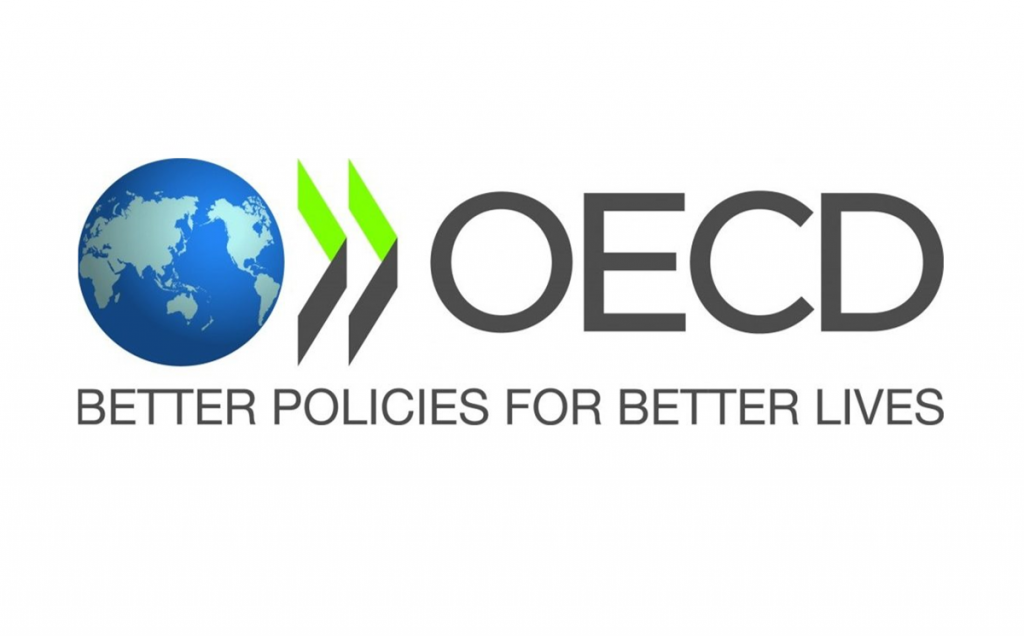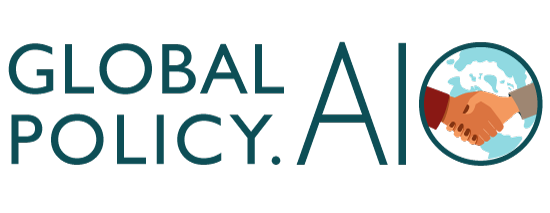
Organisation for Economic Co-operation and Development (OECD)

OECD AI Policy Observatory
The OECD AI Policy Observatory (OECD.AI) is an online platform that provides a valuable reference for international dialogue and collaboration on AI public policy issues. OECD.AI combines resources from across the OECD, its partners and all stakeholder groups and facilitates dialogue between stakeholders while providing multidisciplinary, evidence-based policy analysis on AI across the full range of economic and social policy issues, as well as metrics and measurement.
The OECD.AI Policy Observatory is made up of five pillars:
- AI Wonk blog
- Trends and data on over 120 countries
- A database of national AI policies and strategies
- OECD AI Principles
- AI policy areas
Learn more about the OECD AI Policy Observatory below!
Live AI news related to the OECD
OECD Working Party on Artificial Intelligence Governance (AIGO)
The OECD’s Committee on Digital Economy Policy created the Working Party on Artificial Intelligence Governance (AIGO) to oversee its work on artificial intelligence (AI) policy. Working party members are nominated by OECD member governments and are primarily national officials responsible for AI policies in their perspective countries.
The working party develops practical guidance for policy makers on a wide array of topics:
- investing in AI R&D;
- data, infrastructure, software & knowledge;
- regulation, testbeds and documentation;
- skills and labour markets; and
- international co-operation.
It leverages lessons learned and analysis by other OECD bodies and the database of national AI policies at OECD.AI. The working party focuses on the practical implementation of the OECD AI Principles throughout the AI policy cycle for:
- Policy design – review national AI governance policies and approaches;
- Policy implementation – look for lessons in national implementation examples;
- Policy intelligence – identify evaluation methods and monitoring exercises; and
- Policy coordination – find approaches to international and multi-stakeholder cooperation on AI policy.
The working party also provides analysis and good practices to inform policy on i) AI sandboxes and ii) natural language technologies.
Its work builds on the work on the OECD.AI expert group on national AI Policies that operated from February 2020 to March 2022 and published the OECD “State of Implementation of the OECD AI Principles: Insights from National AI Policies” report on 22 June 2021. This report looks at how countries are implementing the five recommendations to governments contained in the OECD AI Principles and examines emerging trends in AI policy.
OECD.AI Network of Experts
The OECD.AI Network of Experts works with the working party as an informal group of AI experts from government, business, academia and civil society. The network provides AI-specific policy advice for the OECD’s work on AI policy and contributes to the OECD Policy Observatory on AI, OECD.AI.
The network provides the OECD with an “on the ground” perspective on AI and is a forum where the OECD can share information with other international initiatives and organisations. The network raises issues about trustworthy AI and other policy initiatives with the OECD, particularly when international cooperation is useful. As of September 2022, the Network comprises three expert groups:
- Expert Group on Classification & Risk
- Expert Group on Tools & Accountability
- Expert Group on Compute and Climate
The network provides a space for the international community to have in-depth discussions about shared AI policy opportunities and challenges.
Part of the OECD’s mission to raise awareness around implementing the OECD AI Principles is to ensure that open dialogue shapes trustworthy AI. To create a wider public dialogue, the OECD has the AI Wonk blog, where AI experts can present current issues.
Network members
The network brings together AI experts from many sectors and backgrounds including:
- AI policy experts from national governments, international organisations, other institutions and the private sector. Network members from national governments are often AI policy experts in charge of coordinating, designing and implementing national AI strategies.
- AI technical experts, such as researchers, computer scientists, engineers etc.
- Experts from social sciences and humanities, such as experts in AI-related legal and ethical issues.
Every year, national and stakeholder delegations either renew or nominate new representatives.
